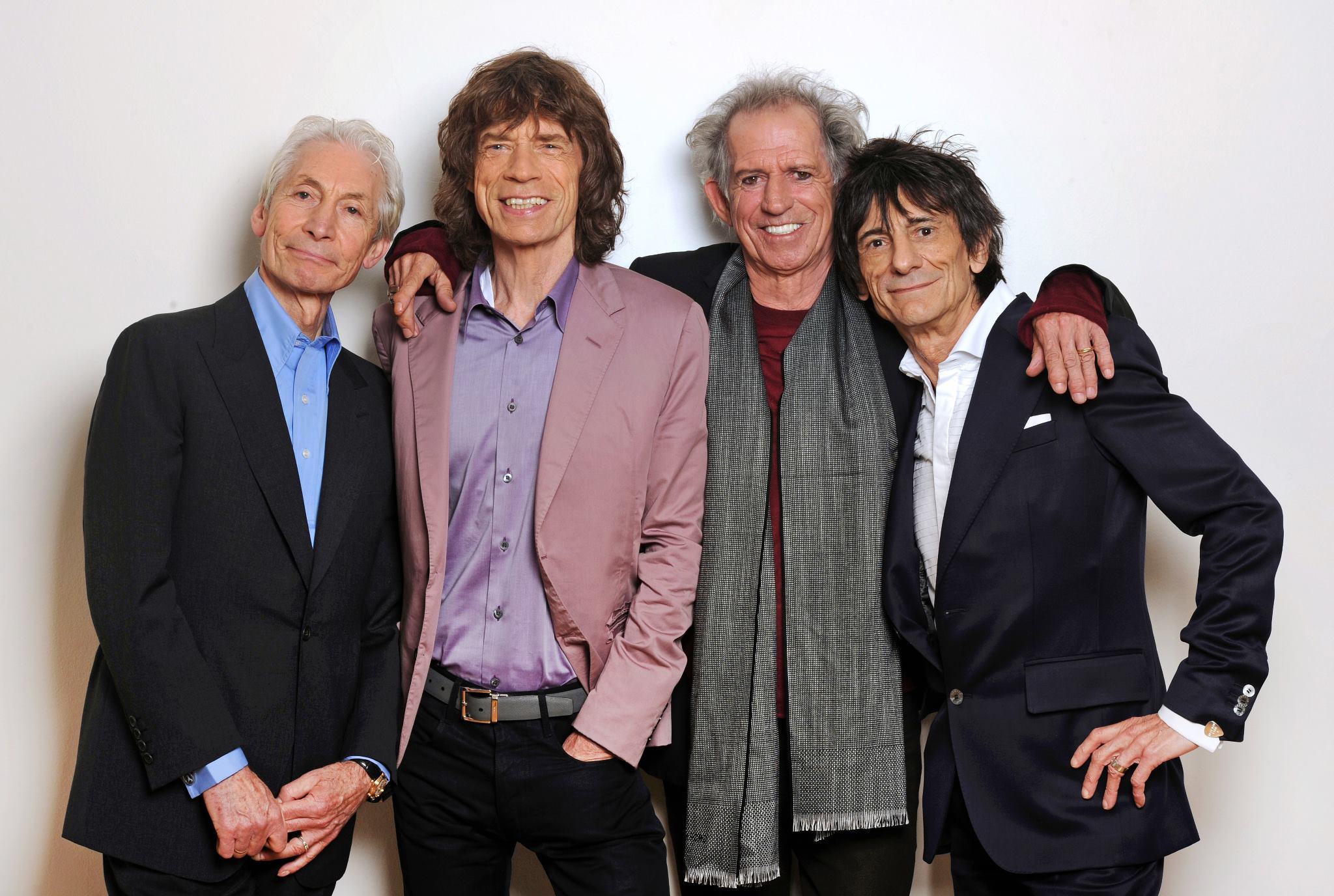
David Macias is president of Thirty Tigers, a Nashville-based company that offers management, publicity and marketing services for independent musicians.
Videos by American Songwriter
This article appears in the November/December 2013 issue.
In every industrialized country in the world (save one), when a song gets played on terrestrial radio, both the owner of the recording and the person or people that wrote the song earn a royalty. That seems fair enough. Time, money and talent has been spent by the creators to make the music that is able to be utilized at will by a broadcaster in the effort to keep listeners engaged between the times that radio stations run spot advertising, which is how they make their money. The one exception to this sensible construct: The United States of America.
Here in the U.S., only the songwriters get paid when their song is played on FM radio. The labels and artists do not. That oversight was corrected when digital radio came on the scene. Non-interactive music providers like Pandora and SiriusXM must pay labels, artists and songwriters for the use of their collective works, whereas their non-interactive brethren at your local rock station (assuming that you are reading this in the U.S.) are only obligated to pay the songwriter. I have sympathy for traditional radio’s point that they have cost inputs that someone like a Pandora does, i.e. the need for local staffing and fees for the licenses that over the air broadcasters have to get. These companies may not be apples and oranges, but I can accept that they are tangelos and oranges, close but essentially different, and as such, should probably be allowed to pay different royalty rates. But there is a big difference between different and none at all.
One of the problems with “none at all” is that it robs U.S. rights holders of recordings access to a large pool of revenue that is earned overseas. When the U.K. act Mumford & Sons gets played on FM radio in the U.S. and do not get paid, as they do at home, the rights organizations in the U.K. refuse to pay U.S artists their share of the royalties. The result is that an act like The Lumineers, whose “Hey Ho” was a worldwide smash, loses out on significant revenues at home and abroad. By all accounts, The Lumineers are good and talented people and are likely to continue their success for some time, but many acts are like athletes in that they have a limited window in which they earn revenues. U.S. artists should not earn less than their international counterparts during whatever earning windows they have.
There is also a moral component to this issue, which is that someone’s work, name and likeness should not be able to be used to profit another when the artist has no say in the matter. Let me be clear on this point: If you make a piece of music, you have no choice but to let any radio broadcaster utilize it for their profit making purposes. For free. That doesn’t seem right, does it? That understanding of the compulsory license was just upheld by the courts in a recent case between Pandora and ASCAP.













Leave a Reply
Only members can comment. Become a member. Already a member? Log in.